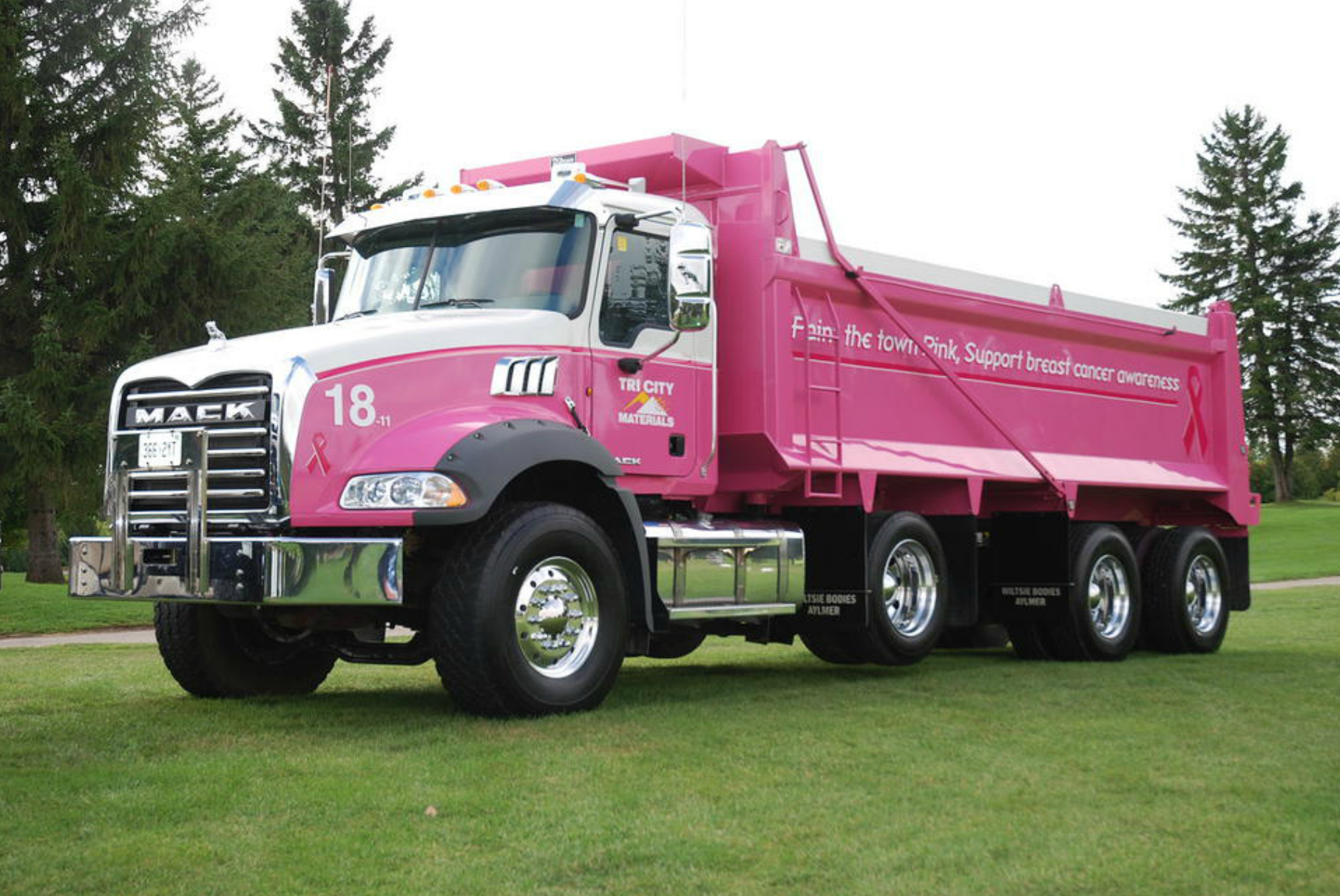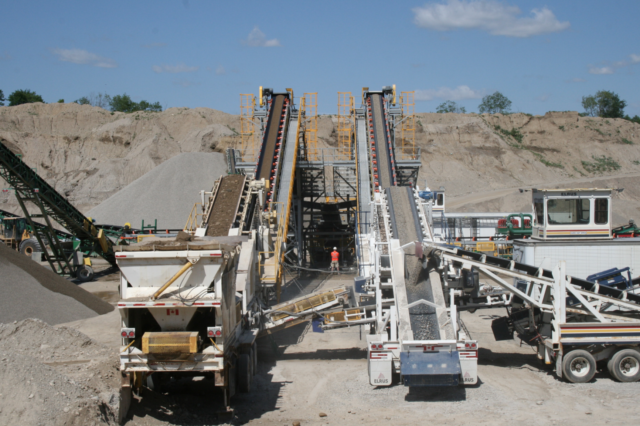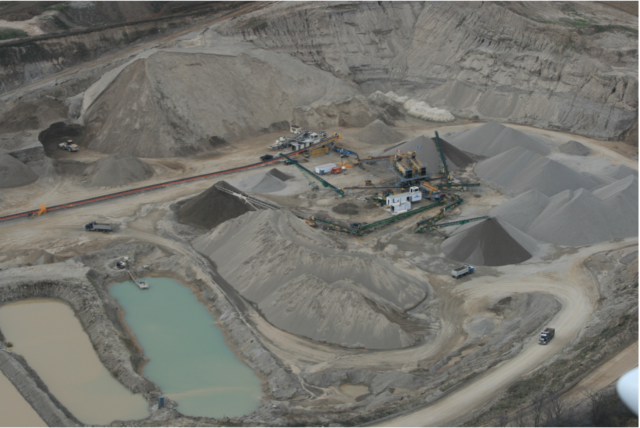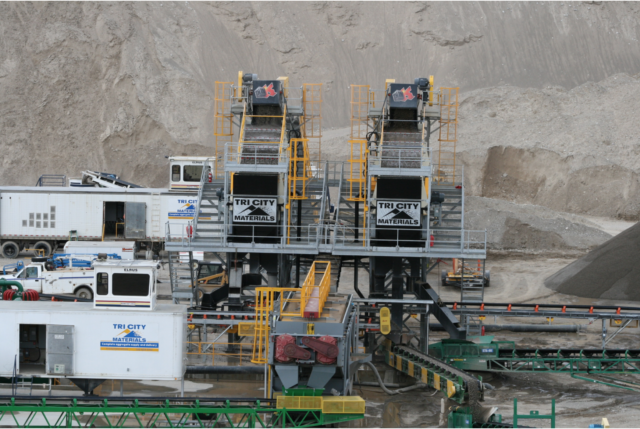-
Headquarters -
36 Manitou Dr, Kitchener Ontario, N2C1L3
-
Year established -
1986
-
NAICS -
327320 - Ready-mix concrete manufacturing
-
Major expansions -
2005
-
Employees -
80
-
Exports -
N/A
-
Download -
Tri City Materials & Ready Mix
Tri City is a Kitchener based concrete and aggregate material manufacturer, operating through sister companies Tri City Materials and Tri City Ready Mix.
With its goal of producing and delivering high-quality concrete quickly and efficiently to customers, Tri City is a prime example of a successful local, family-owned business. Serving the Kitchener-Waterloo, Guelph, and Cambridge area for over 30 years now, Tri City was first established in 1986 by Harold Esbaugh as Tri City Ready Mix. Harold built Tri City using the extensive skills and insight he earned through 45 years of construction experience. The company has since been bought by Harold’s two sons, Ron and Rick, in 1996 and has expanded with the creation of Tri City Materials in 2005.
Originally started for the sole purpose of supplying Tri City Ready Mix with aggregate materials, Tri City Materials has expanded its product line to include washed sand and stone. The core management team for both Tri City Ready Mix and Tri City Materials is comprised of the same people, ensuring that the sibling companies operate with the same culture and values, thus optimizing the success of the Tri City brand.
Tri City Materials separates its business operations into six categories: road building, residential, plant supply, industrial, agricultural, and crushing. The plant supply, industrial, and road building components of the business represent a majority of revenue, accounting for 84 per cent cumulatively. When touring Tri City’s facilities and gravel pits, one is struck by the amazing size of the operation, as well as the detail required to manufacture premium concrete, stone, and sand products. At every station in Tri City’s 100-acre site, skilled employees can be seen operating heavy machinery to perform high-precision processes such as crushing and washing concrete sand and stone, ensuring that each product is manufactured within its specified measurements. Success in the concrete industry is highly dependent on a company’s employees, as they are directly involved in the manufacturing and testing of products, and Tri City struggles somewhat to find employees with the necessary skills due to the vast number of processes and machines involved in the manufacturing process.
However, Rick Esbaugh states that Tri City does not see this struggle as a significant issue overall, because the company has developed an intensive training program approved by Ontario’s Ministry of Training, Colleges and Universities. The program teaches Tri City employees all of the skills required to perform their jobs. While management prefers that incoming employees have at least some of the requisite skills, for the most part, it is happy to train employees, seeing it as a chance to start afresh with a “blank canvas” and instill the Tri City culture and values in employees as soon as possible. To this end, Tri City has also developed a partnership with Guelph’s Conestoga College—even having a classroom there named after the family. The partnership was developed at a time when Tri City was having trouble finding capable mechanics, and decided to establish a relationship with a nearby college to supply necessary talent. This relationship has proved rewarding for both parties, and has resulted in job creation for local community members.
Reliable employment opportunities represent just one of the ways that Tri City engages with its community, and the firm prides itself on being socially responsible and giving back to the community in which it operates.
Projects such as a charity golf tournament, the purchase of pink and blue trucks to promote awareness for breast and prostate cancer, respectively, and donations to a local family requiring funds for child health care prove that Tri City is dedicated to practicing local corporate social responsibility.
Tri City differentiates itself from its competitors by providing high-quality products and quick delivery/response times. When supplying concrete and other materials for large construction projects, this level of quality is incredibly important because human safety is at risk when constructing buildings and roads. The first step Tri City takes in ensuring the quality of its products is the aforementioned intensive training of employees and detailed production processes. The second step is the testing of all materials being supplied to ongoing projects. Tri City has a designated quality control monitor who tests all products being delivered multiple times a day in the company’s lab facility to ensure consistent, premium quality. This monitor, as well as the lab, is required to pass a certification test annually, so that Tri City and its customers can be confident in the quality of these products.
Tri City’s competition comprises large, national suppliers of concrete; because of this, Rick believes Tri City’s strongest and most sustainable competitive advantage is the firm’s superior customer service, measured by the speed of delivery and responsiveness to customer needs. This strength stems from the fact that Tri City is a local business, and can devote more resources and attention to customers in the region than its competitors can.
Yet despite these advantages, Tri City faces many internal and external challenges. Internally, because it is too expensive to set up its own cement production facilities, the company relies on buying cement powder from its competitors, making it harder to control costs. In addition, high transportation costs limit Tri City’s business to a 90-minute radius of the company’s gravel pits. Therefore, to expand the business beyond of its current region would require large investments in new gravel pits. Finally, capital expenditure needed for new equipment is very costly, especially since most manufacturers of this equipment are located in the United States, resulting in increased expenses due to the exchange rate.
Externally, Tri City must overcome numerous government regulations that affect onsite operations and growth objectives. For example, negotiations regarding Tri City’s request to license a new gravel pit have been ongoing for over six years now, and management has no timetable for when this licensing agreement process will end. The delayed nature of these processes forces Tri City to plan far ahead: the company must apply for the appropriate permits years in advance.
Since Tri City’s inception in 1986, the company has experienced steady, quiet growth every year. However, in the past five years, Tri City has enjoyed exponential growth, which Rick attributes to Kitchener’s development of high-rises and light rail transit. High-rises are being built to accommodate growing demand, particularly from students attending the city’s universities. Rick estimates that Tri City has been involved in the construction of 20 student buildings of 20 stories or more during this growth period. Moreover, Rick expects this strong growth trend to continue since Kitchener is no longer growing outward due to the Regional Municipality of Waterloo’s policy prohibiting the expansion of the city limits into the surrounding farm land. The policy will keep all of Tri City’s business concentrated within its current operation radius, enabling the firm to supply future projects quickly and efficiently. In light of this recent growth, Rick believes the time is ripe to expand; Tri City is currently negotiating the licensing of a new gravel pit, and actively searching for new pits to purchase.
Update:
Tri City Materials and Tri City Ready Mix were both acquired by Miller Paving Limited in 2017.
For more information about Tri City Materials & Ready Mix, visit their website.
Published: October 25, 2016

Hamill Machine Company
Hamill Machine Company Inc. is a diversified small manufacturer of custom machined parts and other machinery for a wide range of industries.
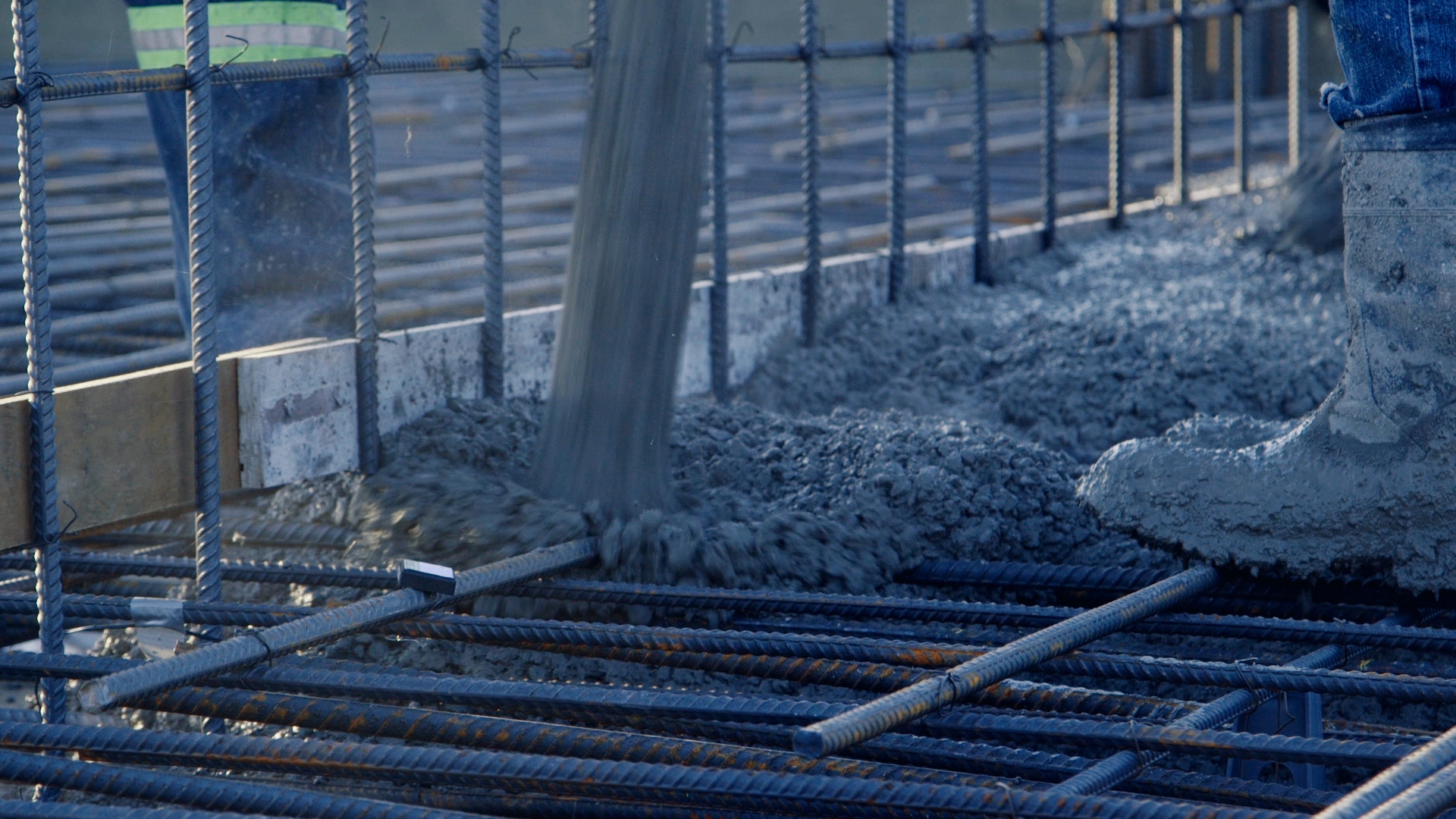
Giatec Scientific
Giatec Scientific manufactures concrete testing and analyzing solutions, enabling the wireless monitoring of concrete properties, accurate condition assessment of infrastructure, and durability-based quality control of concrete.

Nuform Building Technologies
Nuform Building Technologies is North America’s leading manufacturer of finished concrete forming systems, providing services of estimating, design, technical assistance, transportation and logistics, and onsite field training.
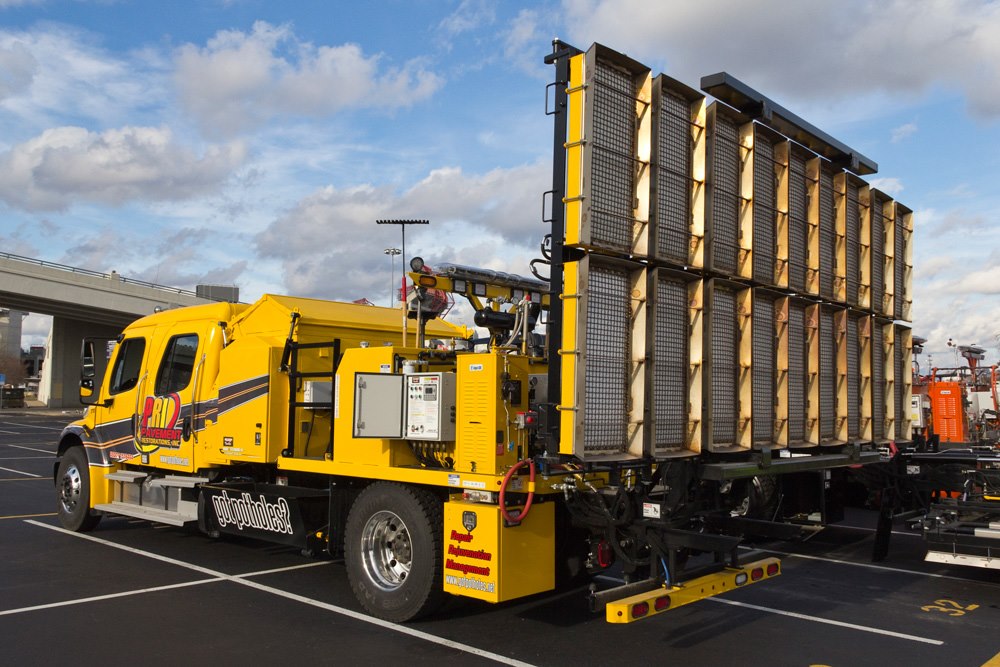
Heat Design Equipment
Heat Design Equipment manufactures infrared heaters for asphalt construction and repair using patented, state of the art technologies.
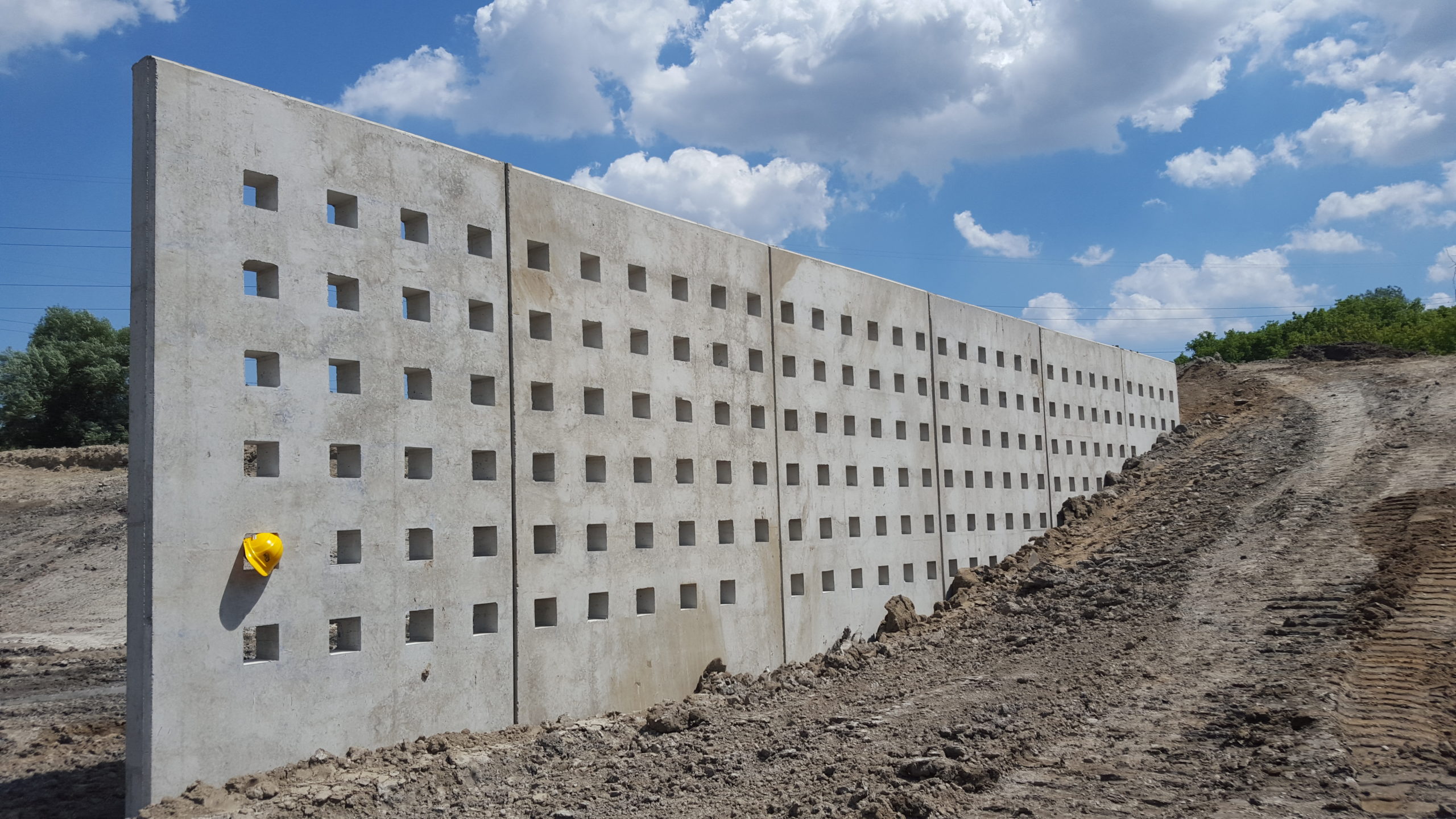
International Erosion Control Systems
International Erosion Control Systems Inc. creates solutions for storm water management, erosion control issues and pre-cast structures, providing complete engineering, manufacturing and direct distribution of its product line.
